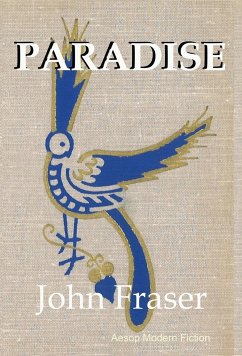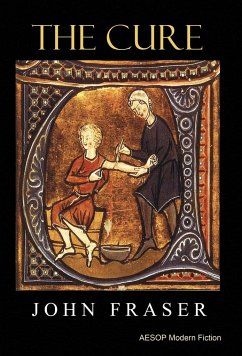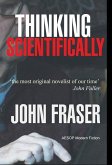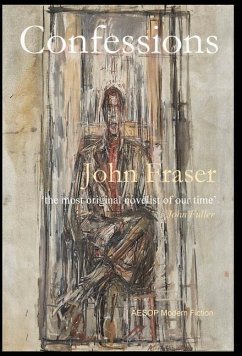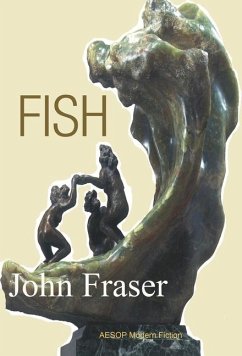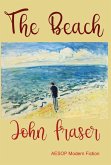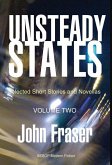Everyone is a part-time person. They do one thing while imagining being elsewhere, or being a lover, worker, fan - of something - or in some other life. We hope for a resolution, a better place, where the bad parts can be discarded, the good ones realised. In PARADISE, we are plunged into ever-deeper contradictions, separations: by nature a deserter, a pacifist, Harri is enrolled, becomes a soldier - becomes literally someone else. As a batman, he can fly - along with his superiors, with lovers who fly higher, outdistance him or, fatally, hit the ground. After many adventures, Harri finds himself in the midst of a squalid conflict. He is adviser, but also mediator. Making peace is advantageous: economically, there's the re-build. Politically, there's prestige for the new leaders. The ploy of war can be made profitable. Unfortunately - he has no ambition, whereas his temporary partners have an excess of it. In the end, he witnesses the magic inherent in humanity, which leads it to destruction, or to mediocrity. Paradise lost, or indefinitely postponed?
Hinweis: Dieser Artikel kann nur an eine deutsche Lieferadresse ausgeliefert werden.
Hinweis: Dieser Artikel kann nur an eine deutsche Lieferadresse ausgeliefert werden.

